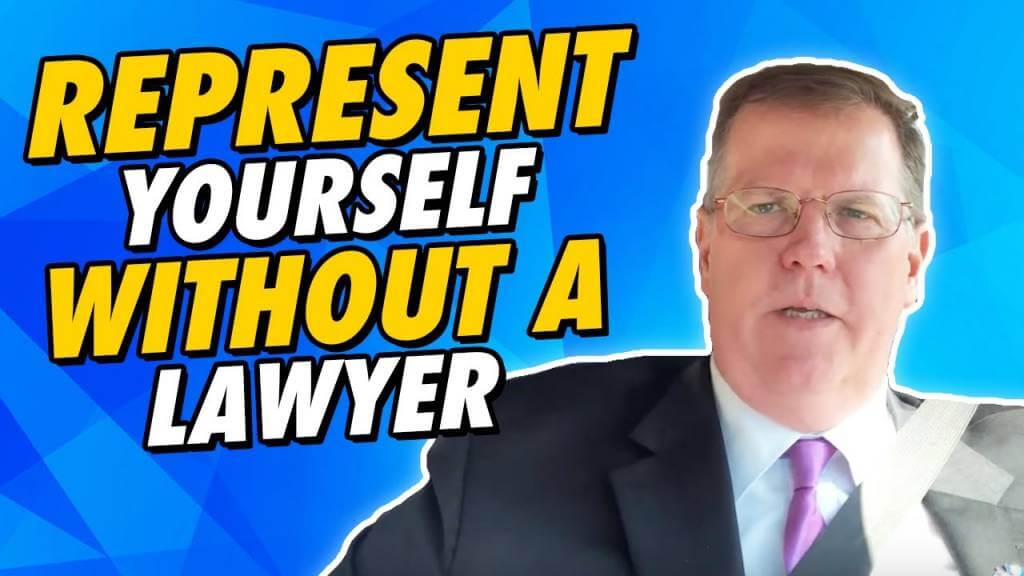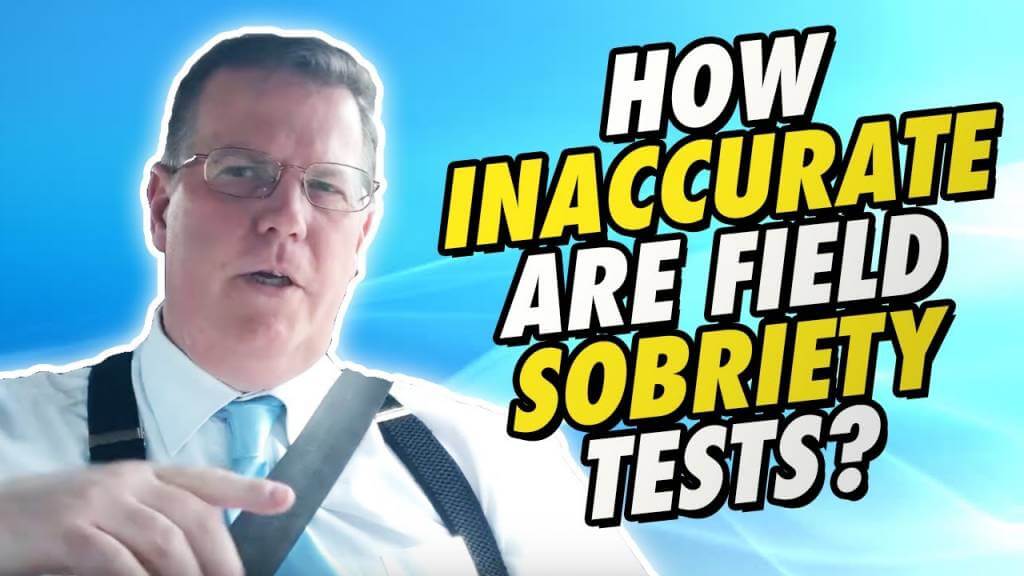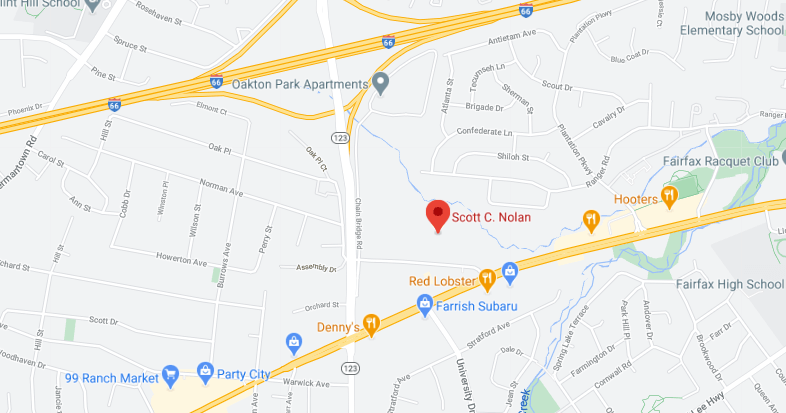Drivers on public roadways in Virginia are all subject to Virginia’s implied consent laws in the event of a DUI arrest. But what does this law really say, and does it apply to any type of DUI test? The attorneys at The Law Office of Scott C. Nolan, PLLC, discuss how the implied consent laws work in Virginia and what you need to know about refusing a breath test for a suspected DUI.
What Does the Implied Consent Law Mean in Virginia?
According to the Code of Virginia § 18.2-268.2. “Implied consent to post-arrest testing to determine drug or alcohol content of blood,” any licensed driver who operates a motor vehicle on any public roadway in Virginia has automatically given consent to having their breath, blood, and urine tested in the event they are arrested for a DUI. This law is often referred to as the implied consent law.
In other words, simply by carrying a valid driver’s license (issued in Virginia or anywhere else in the United States) and operating a motor vehicle on any Virginia public road, you agree to have your blood, urine, or breath tested if you are arrested for driving under the influence of drugs or alcohol. In general, a blood test is only necessary when the driver is unable to provide a breath test or when the driver appears to be under the influence of drugs, and the type of drug must be determined. The implied consent only applies to public roadways and is not applicable if, for example, a person is driving a vehicle on private property (such as a driveway or private road).
What Happens if a Driver Refuses a Breath Test?
If you refuse to submit to a breath test, the consequences may vary depending on the situation and on whether you have refused a breath test in the past. If this is your first time refusing a breathalyzer test, you will likely not face any criminal consequences but may be charged with a civil offense that typically results in having your license suspended for a year.
If you refuse a breathalyzer test for a second or subsequent time within a 10-year period, you may be facing criminal charges. You could be charged with a Class 1 misdemeanor, which may result in up to 12 months in jail and a fine of up to $2,500.00. You may also be subject to a license suspension of one year. It is worth noting that the Supreme Court has determined that refusing a blood test for the second time within ten years should not be a criminal offense. That means if you refuse a blood test for the first time, you may face a license suspension of up to one year, and any subsequent refusals are not misdemeanors but civil offenses that could result in a three-year suspension but no criminal charges.
Does the Implied Consent Law Apply to Preliminary Breath Tests?
In some cases, an officer conducting a traffic stop may ask a driver to submit to a preliminary breath test on the side of the road if the driver is suspected to be under the influence. The breath test is sometimes preceded by a field sobriety test, and both tests are meant to help the officer establish probable cause for a DUI arrest.
However, it is important for drivers to know that they are allowed to refuse to undergo both field sobriety tests and preliminary roadside breath tests if they have not been arrested and are simply being interviewed by the officer. If an arrest has not been made, a person suspected of a DUI may refuse to undergo blood, breath, and urine tests without being subject to any penalties. The penalties described by the Virginia implied consent laws are only applicable after an arrest has been made.
What Is the Virginia Three-Hour Rule?
Another aspect of the Virginia implied consent law is something informally referred to as the “three-hour rule.” In simple terms, the implied consent law is applicable if a person is operating a motor vehicle on a Virginia public roadway, is arrested for driving under the influence, and the arrest occurs not more than three hours after the alleged offense took place.
This is important to understand because many drivers have misinterpreted this rule and believe that it says a driver must be tested within 3 hours of being arrested or tested within 3 hours of driving. The three-hour rule does not address the point in time when a driver should be tested for blood alcohol concentration or drugs – there is technically no time limit for a driver to be tested for a DUI once they are taken into custody.
However, it is true that the time when the blood or breath test is conducted can influence the results if – for example – a driver’s blood alcohol content was below the legal limits at the time of the arrest but has risen well above the limits as the driver waited in a cell and their body continued to metabolize the alcohol they ingested. This is an example of a possible defense strategy an attorney could use to help a client fight back against a DUI charge in Virginia.
If you have been arrested for a DUI in Virginia, it is important to make sure your rights are protected while avoiding making simple mistakes that could aggravate your situation. Contact the attorneys at The Law Office of Scott C. Nolan, PLLC, by calling 703-688-9236 to discuss your case and get the legal help you need.











